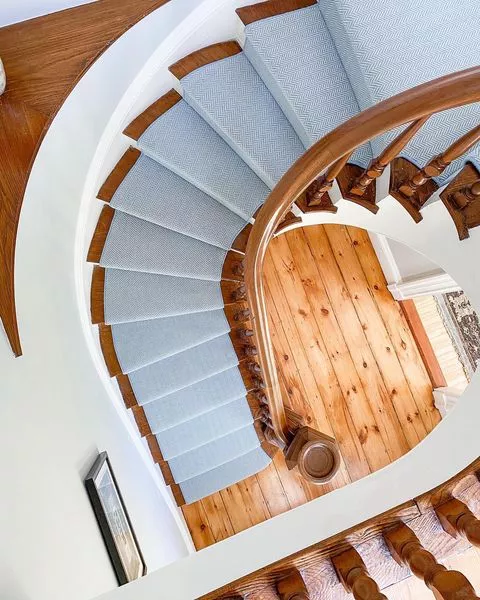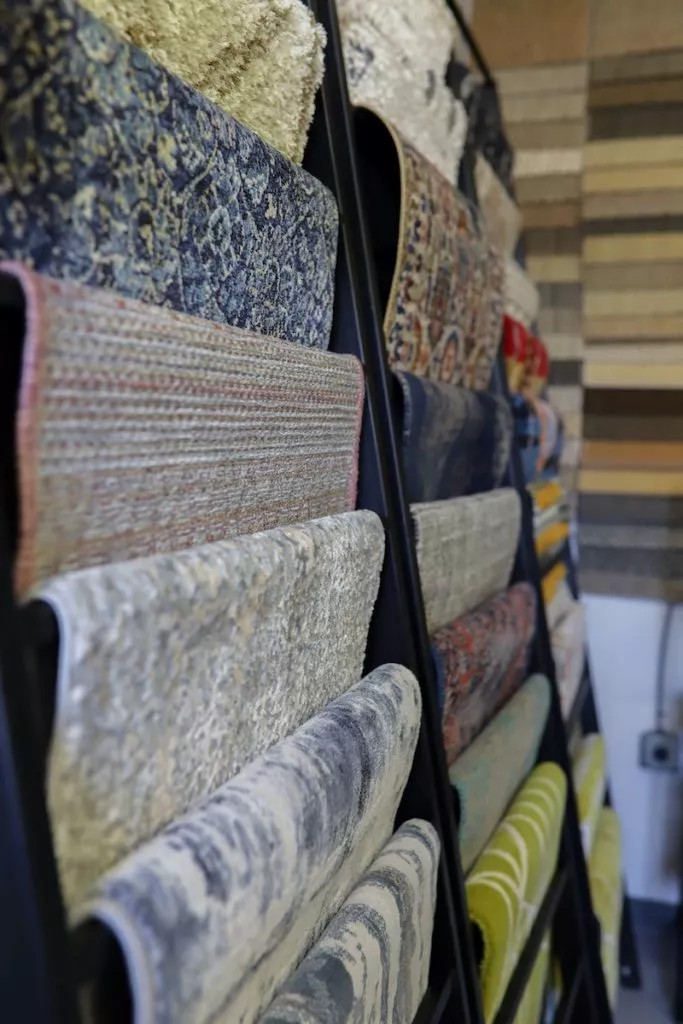Carpet Recycling
Keeping up with the Earth Day theme from Monday, I wanted to elaborate on carpet recycling. When I got involved in The Carpet Workroom, recycling was one of our top priorities. My father had been involved in ongoing efforts to educate the public about carpet recycling. I quickly tried to catch up and was working closely with a Canadian business that was looking to build a collection/recycling facility in the northeast. I even attended meetings with the Massachusetts Department of Environmental Protection to plan an infrastructure that would allow the state to ban carpet from landfills. Shortly after, these conversations silenced. My guess is that the ongoing issues with the economy turned attention elsewhere. Unfortunately that silence has continued over the last two years. Fortunately though, it did give us the opportunity to develop our own infrastructure for the services we wanted to offer. Now that we have seen positive growth, we are now starting to hear rumblings again. I was contacted a few weeks ago by a local plastics engineer who said he had developed new technology that would break down carpet in a unique and inexpensive way. I hope this is the new beginning to carpet recycling in Massachusetts.
Let me take a step back and explain to you the process of carpet recycling. Carpet is primarily made from synthetic products (plastics). Even wool products are sometimes backed with plastic. Most of these materials can be broken down and reused for other products. The problem is that on the commodities market, only nylon is worth the cost of the process. When old carpet is removed from your home, it is filled with dust, dirt, and other hazardous materials. Before it can be broken down, it needs to be sorted and cleaned. Most current recyclers are putting these materials into grinders and then separating the plastic backing from the nylon or poly face fibers. Others are actually shearing the face fibers off before the grinding in order to keep the fibers “pure”. Other innovators though are still coming up with new ideas. Once the raw materials are separated and sorted, they are sold off to buyers on the commodities market. Nylon fibers are being used for air bags, medical supplies, and even new carpet. The plastic backing is sometimes used for other car parts and for fill in cinder blocks and other building materials.
As you may be able to guess, these materials do not fetch a significant amount of money. Given that this process does cost a considerable amount, we are finding it difficult to get investors involved in this process. Basically, the juice just isn’t worth the squeeze. The problem, though, is that carpet and related materials are very bulky and take up a lot of room in landfills. This combined with the fact that all these materials are recyclable begs the question; should everything be done in order to turn a profit? We say no, but we are having a very difficult time finding others in our industry to agree with us. The only way we can move forward is with the cooperation of the public. If the public knows about this and demands a change, than more retailers and installers will go out of their way to responsibly dispose of these materials. The problem is that nobody wants to pay.
This hasn’t discouraged us, and there are plenty of people determined to develop a way to make this work for everyone. One of those organizations is called CARE, Carpet America Recovery Effort. CARE was established in 2002 to represent the carpet industries efforts to finding market-based solutions to keep carpet out of landfills. CARE now has 80 certified recyclers mostly in Georgia and California where most of the manufacturers call home. The mills have invested over $100 million to aid this effort.
Our goal at The Carpet Workroom is to develop a reclamation center locally that will act as a collection site for installers and other retail stores. Once we collect a desirable quantity, we will ship the PCC (post-consumer carpet) to an appropriate recycling facility. If we drive up enough interest, we hope to persuade recyclers to move into Massachusetts. In order to do that, we need your help. We need you to demand this practice. For more information on how to help, please email info@thecarpetworkroom.com.


